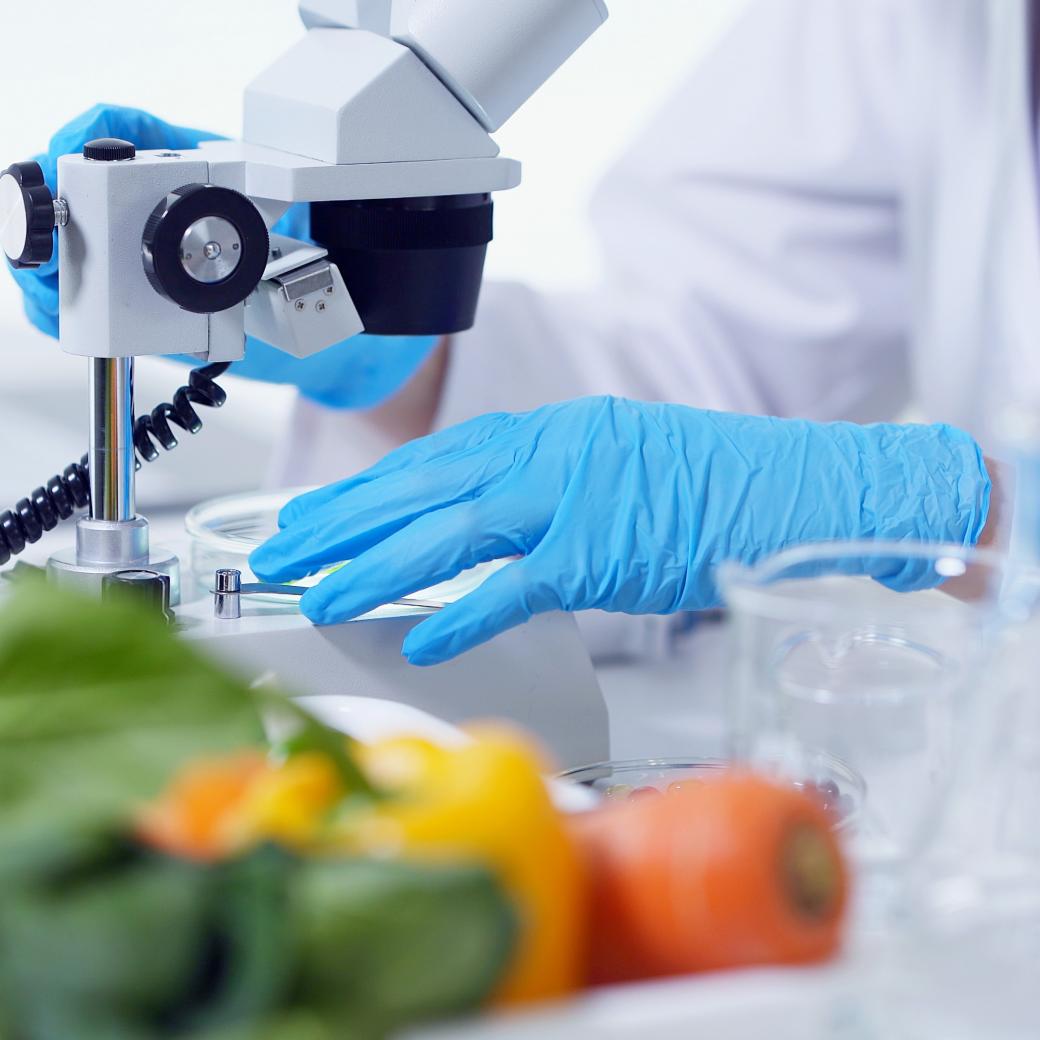CATALYSE
With support of Europe:


The CATALYSE project has developed a network of food safety stakeholders to spread knowledge and innovations along the entire value chain. This network promotes collaboration and knowledge sharing, and aims to bridge the gap between innovators, practitioners, end users and regulators.
Why this project?
Food safety is a crucial aspect of the food sector as it ensures that our food is free from harmful substances and disease-causing bacteria. According to the WHO, contaminated food causes 600 million cases of food-borne diseases and 420,000 deaths every year.
Europe has been a global leader in food safety standards for many years and is committed to maintaining the highest levels of food safety in all member states and to continuously improving food safety measures through research and innovation. In recent years, research has made tremendous progress, but there are factors that hinder knowledge sharing between various stakeholders in the food system, thus preventing innovation in food safety. Overcoming these barriers requires a collaborative and interdisciplinary effort in which industry, regulators and researchers join forces to discuss and identify food safety priorities. Furthermore, innovative solutions must be transformed to make them realistically applicable. Only then can they actually contribute to increasing the resilience of food companies.
Methodology and expected results
Within the CATALYSE project, channels will be created to connect knowledge and innovation ecosystems and to link all stakeholders. These links will encourage the creation of joint, tailor-made solutions that are beneficial to all the parties involved.
The project includes the following activities:
- The creation of a database to collect, translate and disseminate food safety knowledge and practices to relevant actors in the food system.
- The set-up of communities of practice to foster collaboration and knowledge sharing among different actors in the food system, with the aim of accelerating the adoption and scale-up of innovative practices and technologies.
- The provision of training for professionals and end users on the latest food safety practices.
- Support to start-ups and SMEs in the development of promising food safety innovations with a focus on traditional and local food producers.
- Encouraging of policymakers to support innovations through training and education.
- Evaluation of the impact of innovation on the food system and identification of areas for further development.
Target group
The project addresses all stakeholders in the food chain, from innovators to practitioners, end users and regulators.
Stand van zaken
Op 5 juni 2025 werd de Catalyse Community of Practice gelanceerd: een digitaal platform dat professionals in de voedingssector samenbrengt rond voedselveiligheid. De community biedt toegang tot actuele kennis, innovatieve oplossingen en educatief materiaal. Sluit je gratis aan en werk mee aan een veiliger voedselsysteem. Surf hiervoor naar https://thecatalyseproject.eu/join-our-community/.
CATALYSE Community of Practice (CoP)
Project partners
The project is coordinated by Università Cattolica del Sacro Cuore (IT). The other partners are:
- Universidade Católica Portuguesa (PT)
- International Life Sciences Institute Europe (BE)
- Wageningen University (NL)
- Nofima AS (NO)
- EFFoST Foundation (NL)
- Federación Española de Industrias de Alimentación y Bebidas (ES)
- Syreon Kutato Intezet Korlatolt Felelossegu Tarsasag (HU)
- Ruokavirasto (FI)
- Slovenská poľnohospodárska univerzita v Nitre (SK)
- Association Nationale des Industries Alimentaires (FR)
- FoodDrinkEurope AISBL (BE)
- Flanders’ FOOD (BE)
- Agence nationale de sécurité sanitaire de l'alimentation, de l'environnement et du travail (FR)
- Public Organization Association of Cheesemongers and Cheese Somme (UA)
Flanders' FOOD plays a supporting role within the project to bridge the gap between solution providers and end users.
Contact

From apple tree to innovation: meet B3ET

Sustainable animal feed from sweetcorn cobs: meet Trotec



